I, Sensitive Scientist
Mark A. Sarvary
I am keenly attuned to the world around me. I am sensitive to the challenges we face in education due to inequity; in the environment due to climate change; and in science communication due to widespread misinformation and disinformation.
I am aware of my privileges and handicaps. I am a Sensitive Scientist.
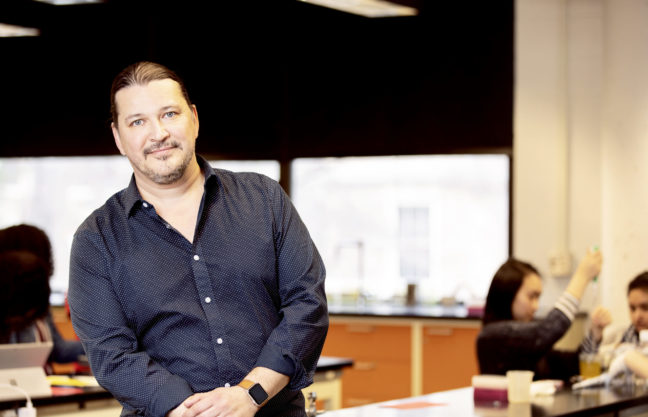
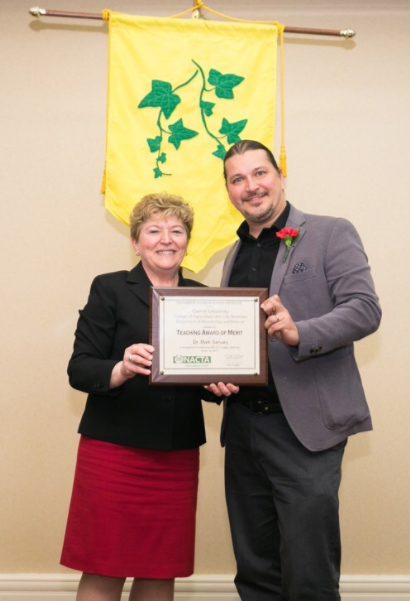
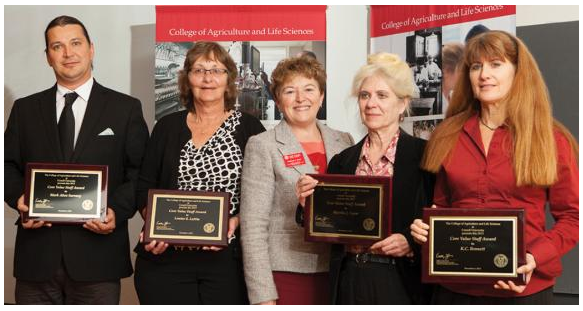
Who am I?
I live at the intersection of education research and science communication.
As an educator and science communicator, my goal is to explore more effective ways to engage my audience, establish trust and get a dialogue going with students, fellow scientists, and the publics. I want to create opportunities where people can gain transferrable skills in science literacy, media literacy, and information literacy.
I am an immigrant who grew up behind the Iron Curtain in socialist Hungary with limited access to the opportunities that this World offers. I was a high school senior when the Berlin Wall fell. The borders opened, and I was eager to learn more about diverse cultures and places that were beyond my reach before. I came to the U.S.A. via a study-abroad program nearly three decades ago.
I am the founder and the academic advisor of the Science Communication and Public Engagement undergraduate minor (SCoPE). We established this unique minor to make sure that science communication and public engagement are not a postgraduate afterthought, but rather integrated parts of undergraduate science education. I developed one of the courses in the minor: the “Applied Science Communication: Digital Platforms and Public Engagement” Course at Cornell and at the Shoals Marine Laboratory provides students hands-on experiences with modern tools used for strategic communication.
I direct the Investigative Biology Teaching Laboratories at Cornell University, where students learn the scientific process and improve their skills in experimental design, information literacy, and science communication. In this program, we train graduate and undergraduate lab instructors on how to use discipline-based education research to develop and implement modern pedagogical methods, including active learning. To help students practice these scientific skills while gaining international research experience, I created a program between my alma mater in Hungary and Cornell University as part of the Global Fellows Program.
As a strong advocate of public engagement with science, I am the co-producer of a local podcast called Locally Sourced Science, the faculty advisor of the undergraduate medical and life sciences debate club, and an undergraduate podcast called State-of-the-Pod. I have been the science advisor of a local science café for a decade and a half, helping to bring town and gown closer together in the Ithaca area.
My contributions have been recognized on multiple occasions:
- I received the Core Value Staff Award in 2013 for “Adaptability”,
- the North American Colleges and Teachers of Agriculture Teaching Award of Merit in 2017
- and was named a Merrill Outstanding Educator by a Presidential Scholar.
- In 2018 I was elected both a Faculty Fellow for Engaged Scholarship and an Atkinson Center for a Sustainable Future Fellow at Cornell University.
- In 2019 I was invited to become a fellow and the leader of public engagement at the Carl Sagan Institute
- and was elected to the CALS Committee on Support of Teaching and Learning, which I now co-chair.
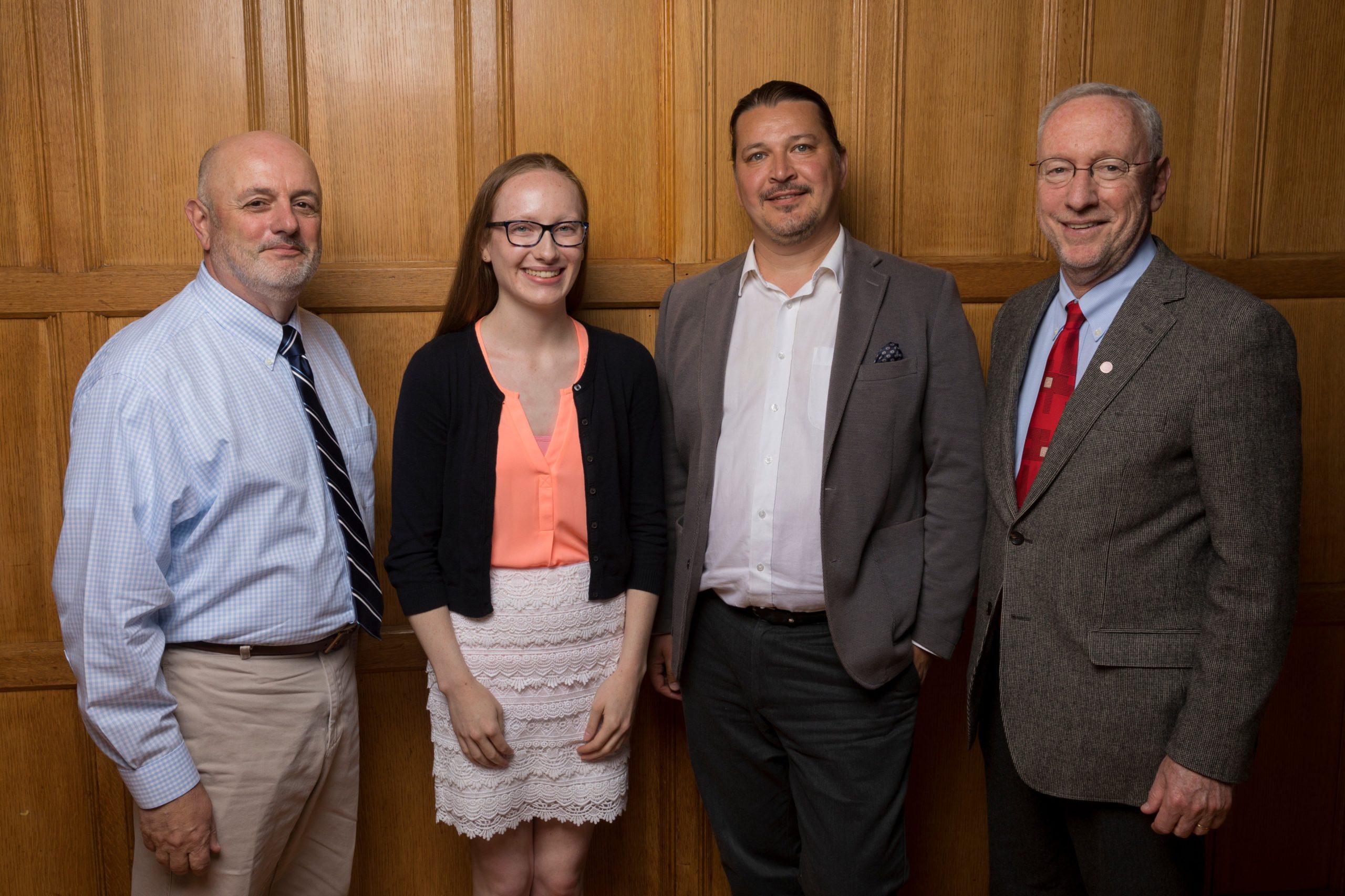
My Academic Journey
My academic journey took me to this intersection of education research and science communication, and I am enjoying the opportunities and challenges in this current stage of my career.
I focus on improving science literacy, climate literacy, and science communication education, and I found a niche where I am able to build on my two-decades-long research and teaching experience and develop a new program combining my skills and my interests.
The most recent challenge, the impact of the pandemic in higher education was felt across the world, and my education research team and I responded with a student-centered approach in mind. Our study on finding an inclusive and equitable solution for online learning with cameras (Castelli & Sarvary, 2021) has become part of a pedagogical conversation on popular educational news sites from the USA to Hungary, and we published about useful teaching practices, such as utilizing undergraduate teaching assistants in online classrooms (Asgari & Sarvary, 2020).

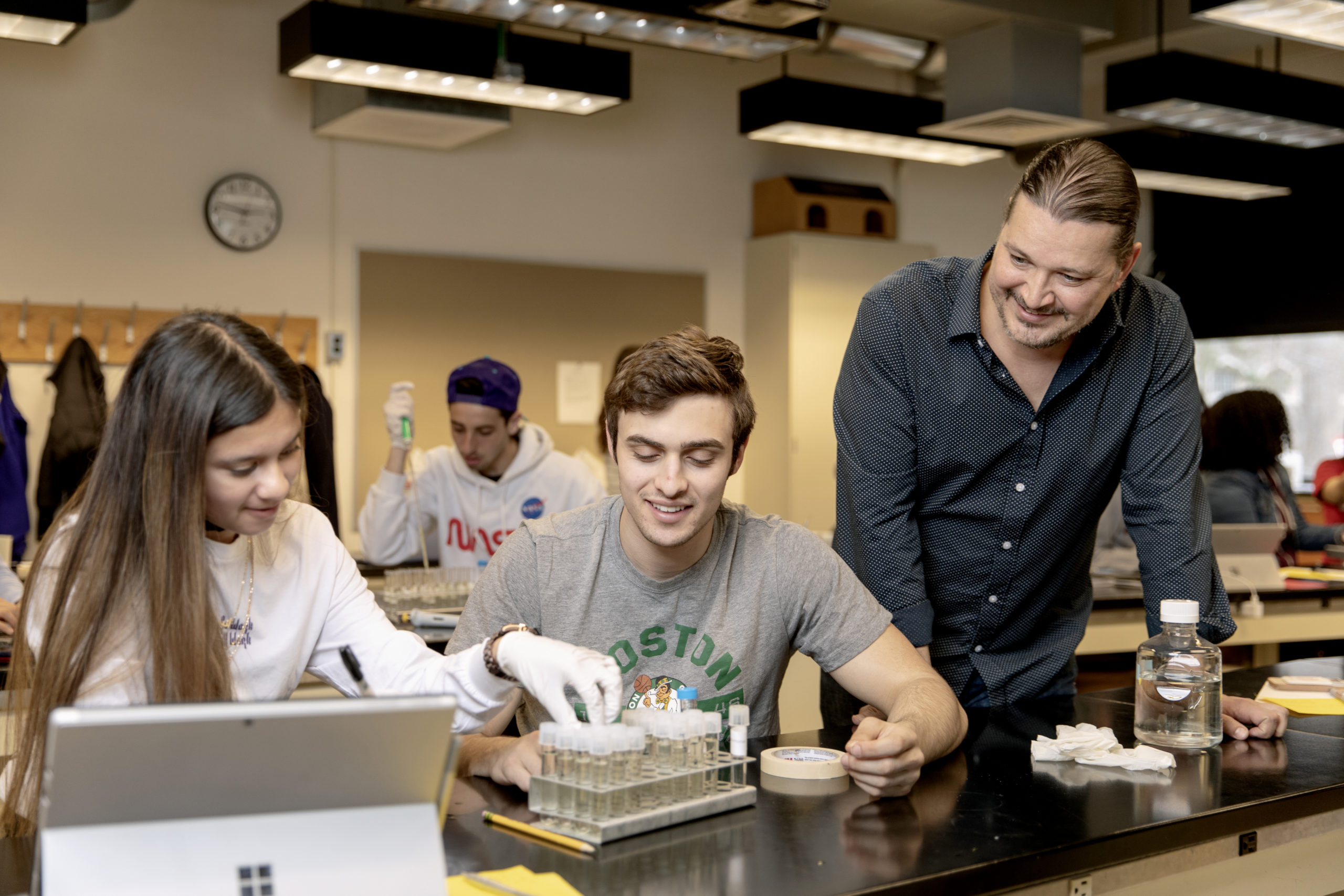
I am the head of the Investigative Biology teaching Laboratories, where we teach the next generation of scientists. I am familiar with this learning environment, because I was a laboratory instructor here 20 years ago. This helps me understand what challenges my staff is facing as I lead a group of undergraduate teaching assistants, graduate student laboratory instructors and educational postdoctoral researchers with the goal to develop and assess new pedagogical techniques to improve higher education.
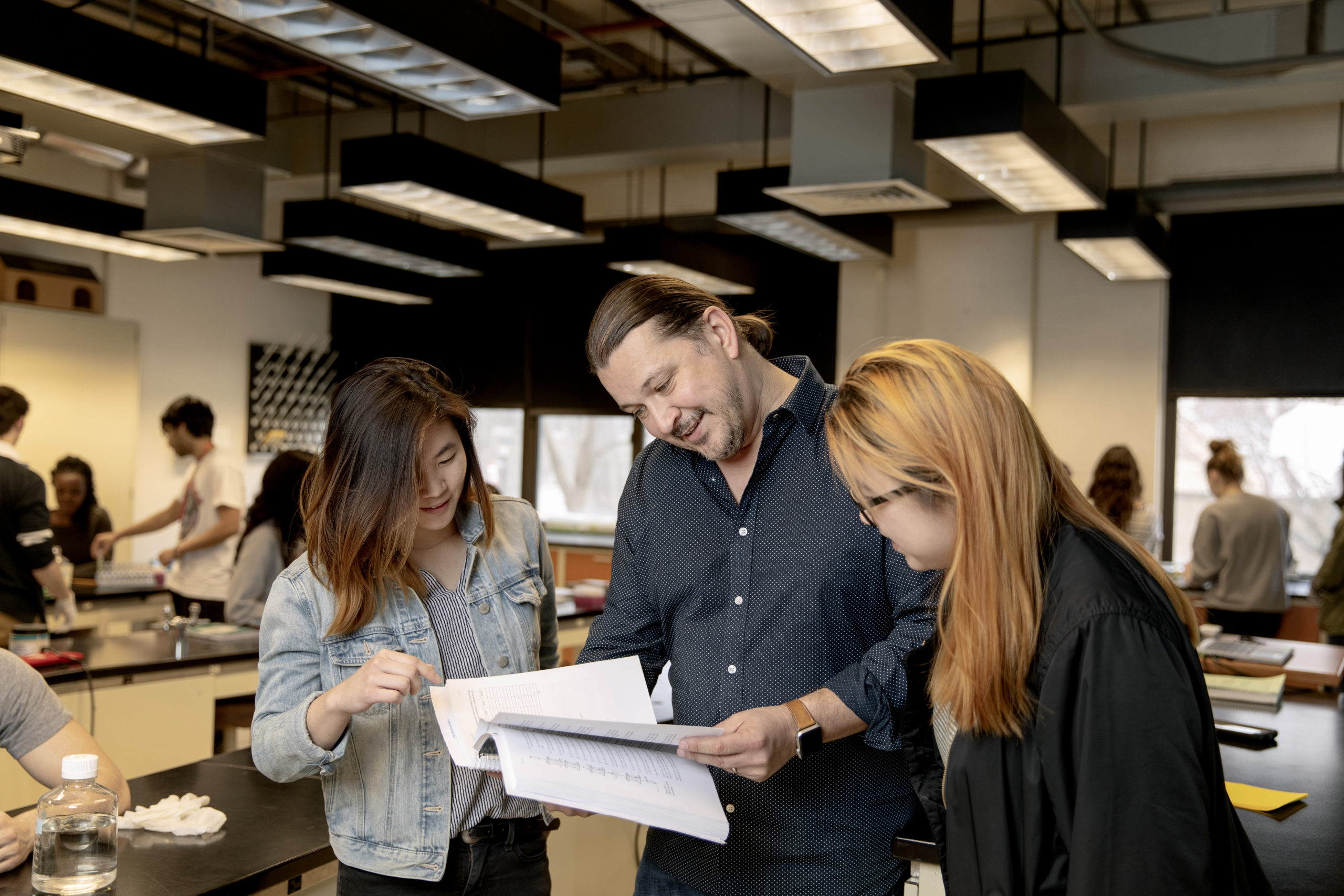
Undergraduates get exposed to the scientific method, including scientific writing and peer-review (Biango-Daniels & Sarvary, 2020), and they gain transferable skills that are applicable in novel and more complex environments (Deane-Coe, Owens & Sarvary, 2017). I am a part of many inter-college collaborations to explore how our students think and feel (Meaders, Sarvary et al., 2021), and how we can implement community-engagement into our teaching (Olasibi, Sarvary et al. 2020).
Undergraduates are the new graduate students: they work in research laboratories and publish journal articles. To help students apply the skills they learned in Investigative Biology, I developed an EU funded project with my alma mater in Hungary, so Cornell students can gain international research experience.
Science communication is an important component of this scientific process, and my philosophy is that communication with the publics should not be an afterthought, rather an intergraded part of science education. In addition to embedding science communication assignments into my introductory biology course, I developed stand-alone science communication courses. The Wikipedia editing course I started to teach in 2013 evolved into an Applied Science Communication course that I co-teach with Kitty Gifford on the Cornell campus and at the Shoals Marine Laboratory since 2017.
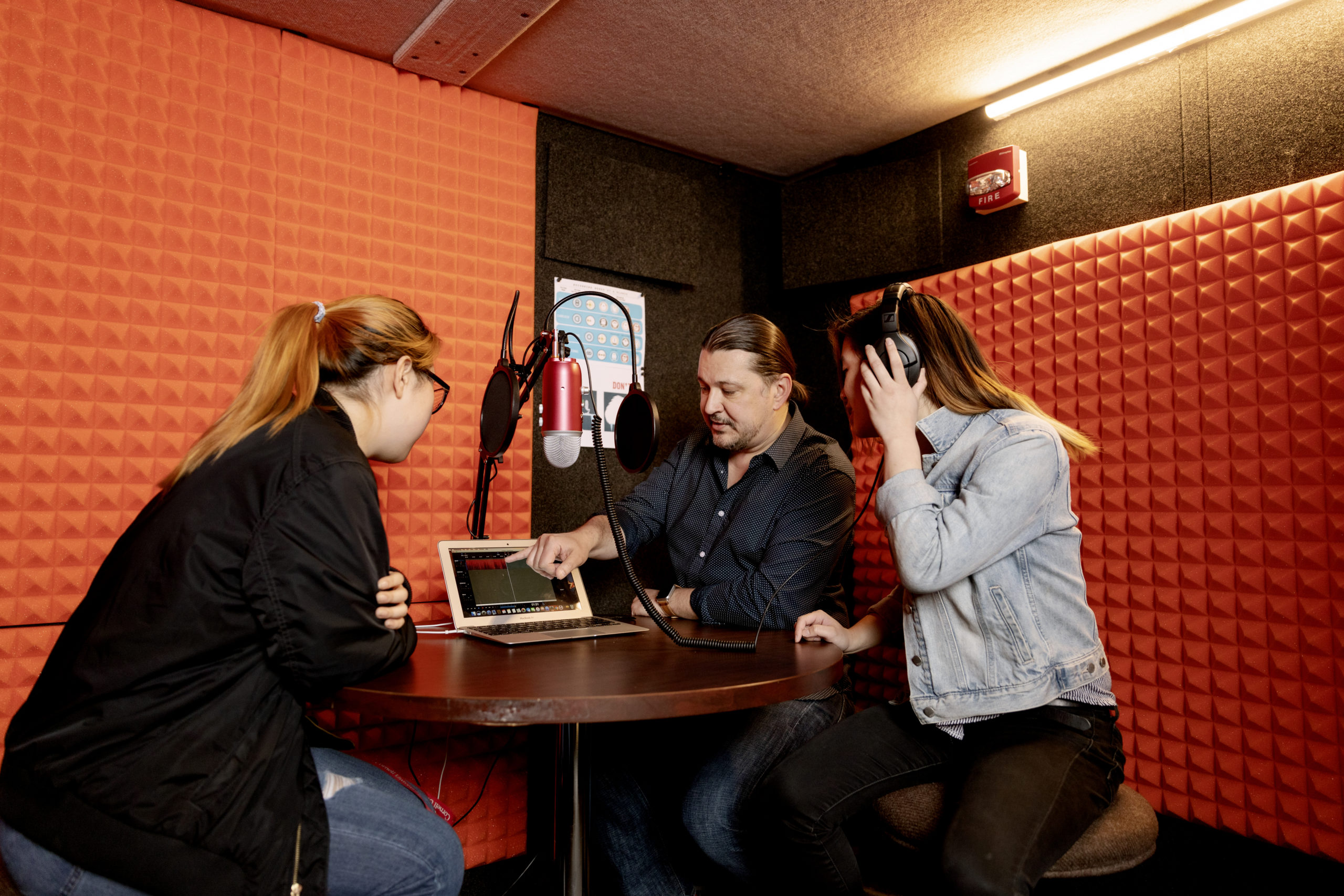
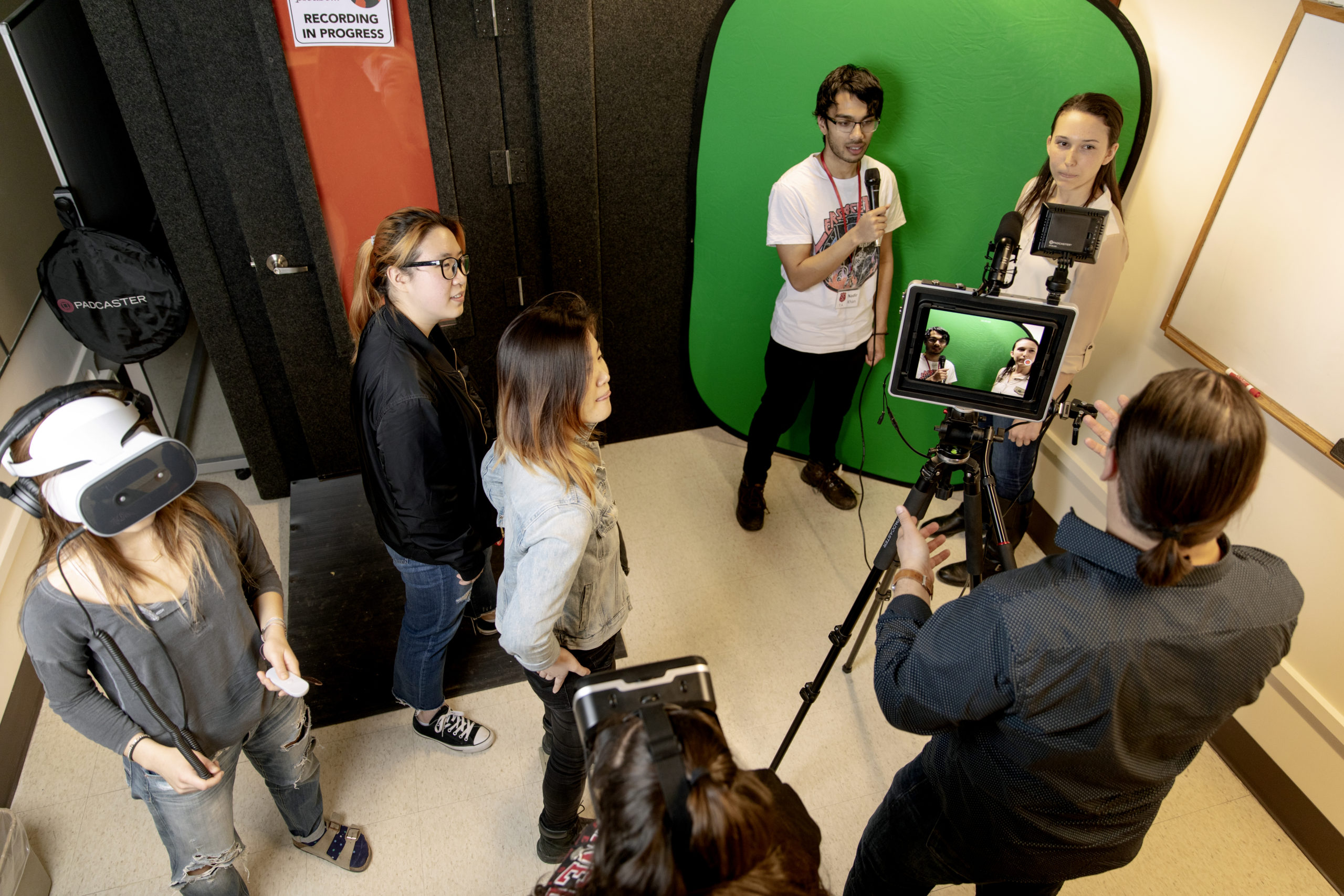
The development of the Science Communication makerspace allows students to create digital projects, such as podcasts, not only for their courses but for public engagement. “If you build it, they will come”: I am very proud, that State of the Pod, an undergraduate podcast, started in this creative learning environment. Having a recording studio and digital equipment helps these budding scientists to successfully communicate their discoveries. I am involved with public engagement at multiple levels: I have been the science advisor of a local science café called Science Cabaret since 2005, and founded a science podcast called Locally Sourced Science, that helps bring town and gown closer to each other. My students have the opportunity to be involved with these projects and therefore benefit from informal education.
I saw how much interest there is among undergraduates to gain public engagement skills, so to help establish a foundation for undergraduate science communication education at Cornell, I spearheaded one of the first Science Communication and Public Engagement undergraduate minors in the USA. We launched this minor at Cornell in February 2020.
Active learning and other effective pedagogical methods are an important part of my teaching practice. I use digital pedagogy to turn lecture into dialogues (Sarvary & Gifford, 2016) and encourage the Bring Your Own Device (BYOD) movement . I have been using formative assessment with the help of a web-based response system, Poll Everywhere, in our 400+ student classrooms since 2012 (Sarvary & Gifford, 2017).
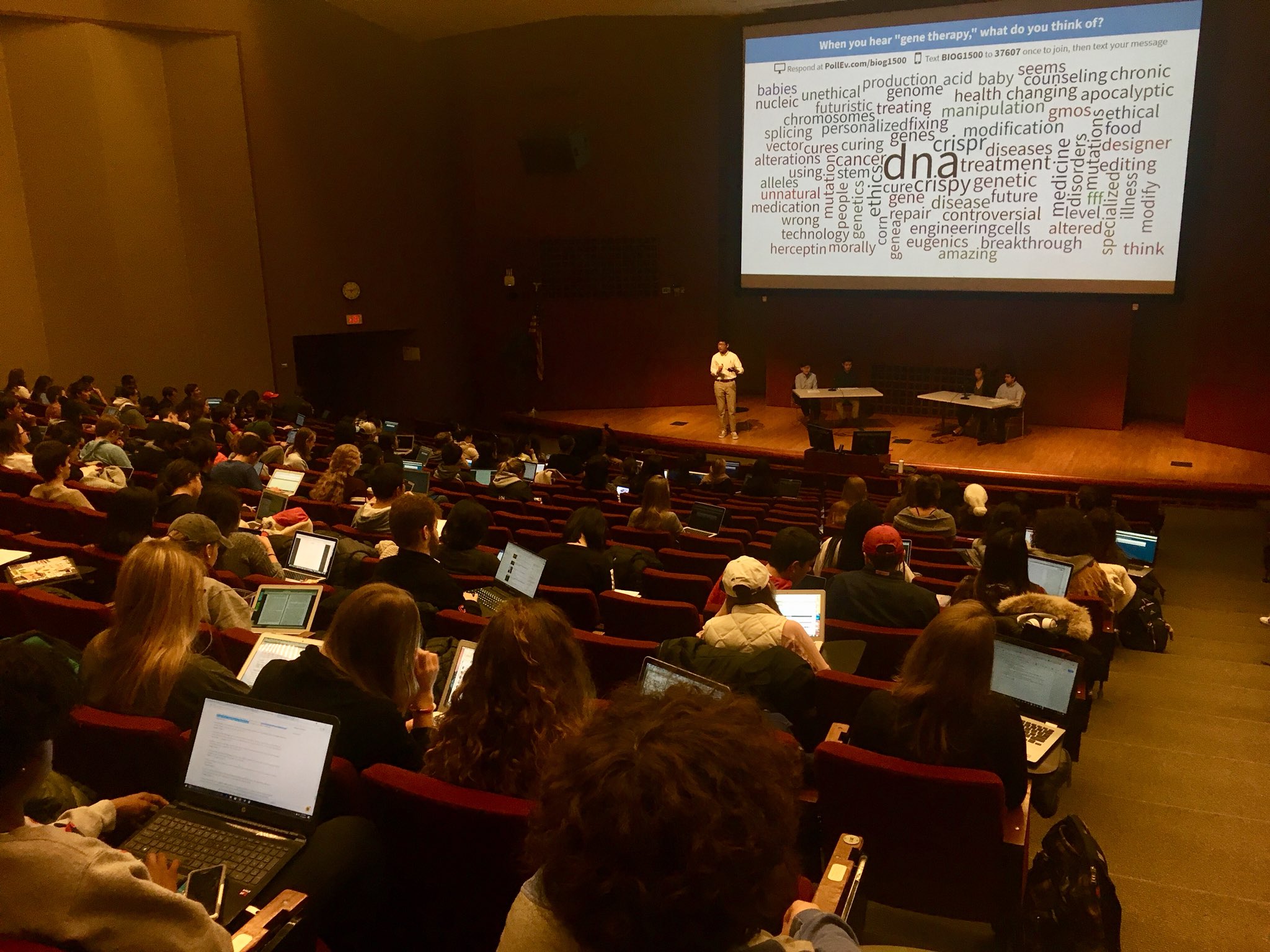
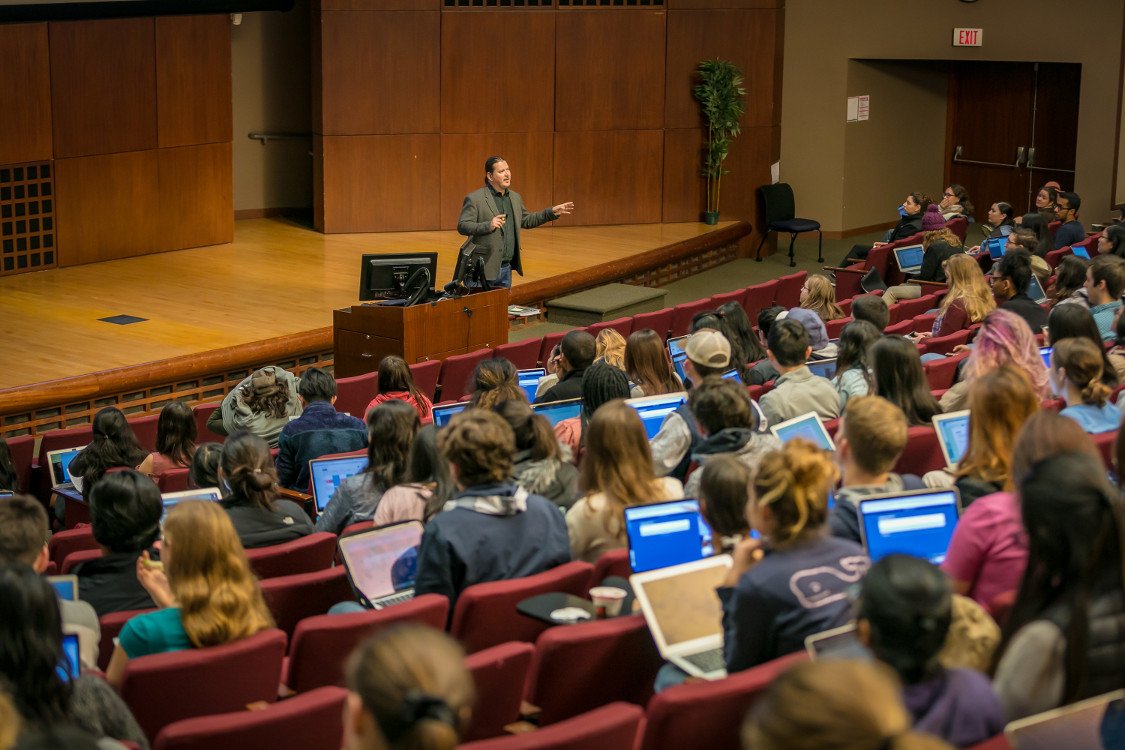
I was among the first to teach freshmen how to program in the statistical software R (Sarvary, 2014), and this innovation shaped how biostatistics is taught in many courses at Cornell today. The courses I teach employ a variety of student-centered pedagogies including case studies (Drott & Sarvary, 2016), problem-based learning, reflection, debate, role-playing, presentations, and peer-teaching. Through these active-learning exercises, students become equipped with the critical thinking and problem-solving skills they need for their research projects.
My endeavors to improve science communication and biology education stand on my strong international training as a scientist. As a field ecologist and postdoctoral research associate at Cornell, I studied the chemical ecology of an invasive wood wasp, Sirex noctilio, and its fascinating chemical interactions with its host plant (Sarvary et al. 2014) and symbiotic fungi (Sarvary et al. 2016).
From 2013 until 2016 I was the subject editor of the Annals of the Entomological Society of America, and the experience I gained as an editor, I still use when teaching students about information literacy and peer-review.

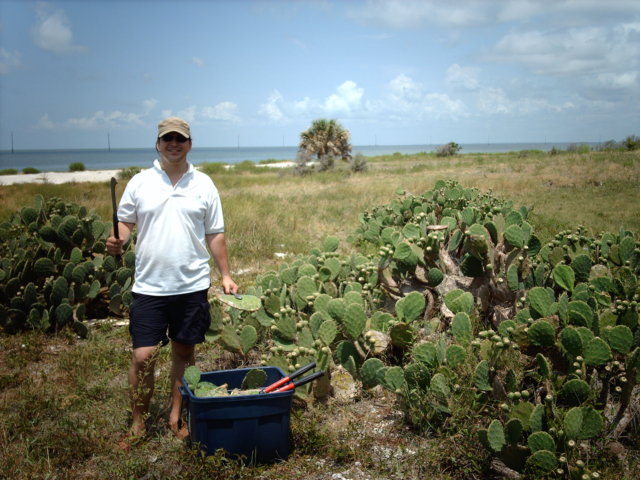
Before I returned to Cornell to work with the wood wasps and teach biology, I spent a two-year-long postdoctoral research assistantship at the Swiss Federal Institute of Technology in Zurich (ETH), where I studied another invasive insect species, the cactus moth, Cactoblastis cactorum. This collaborative work between ETH and USDA lead to the discoveries of the biotic factors (Sarvary et al. 2008a) and abiotic factors (Sarvary et al 2008b) influencing the flight pattern and flight performance of this invasive moth.
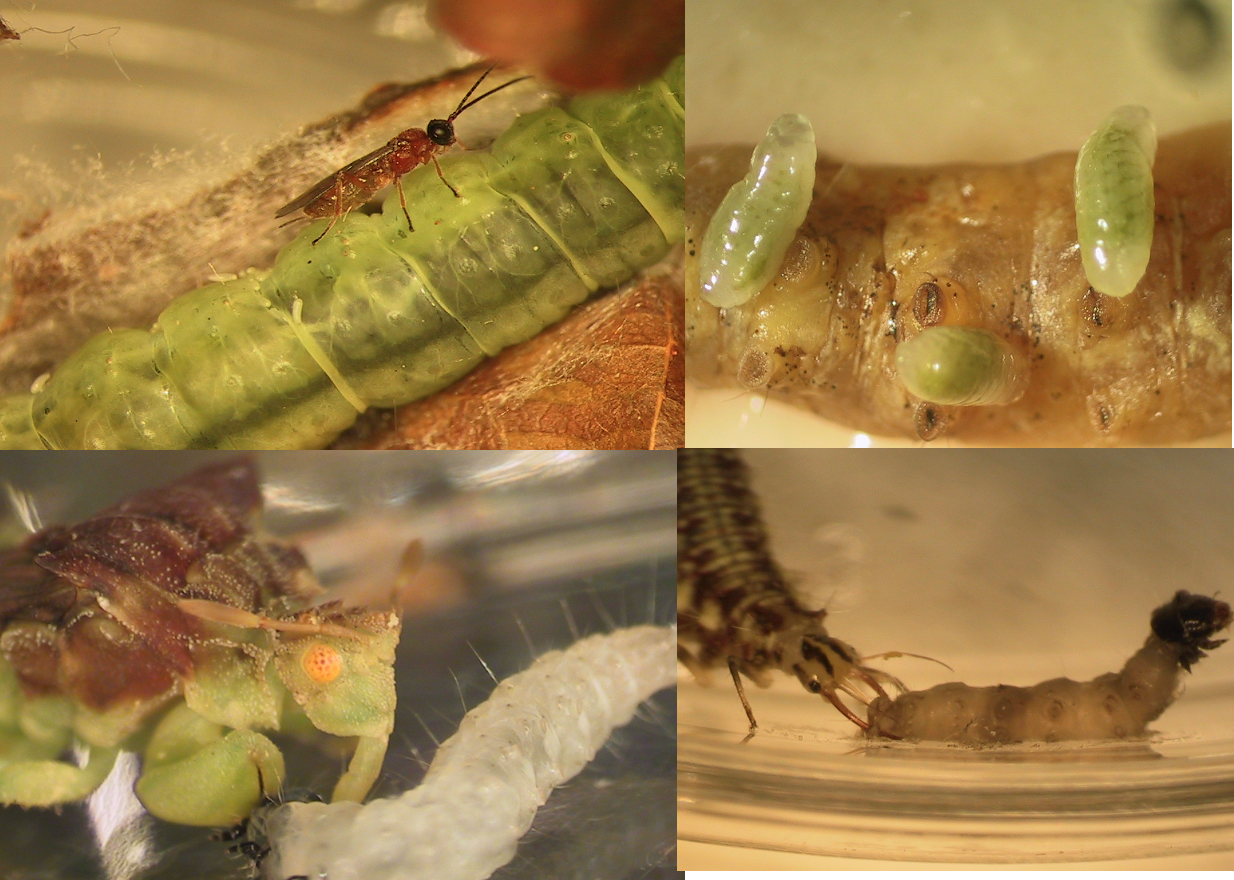
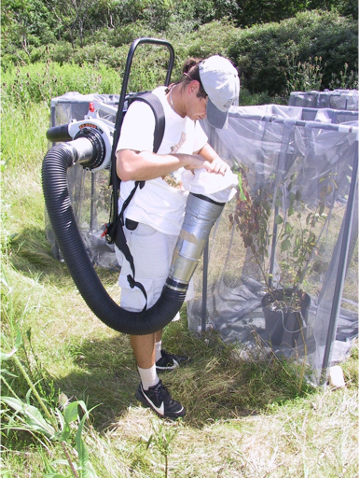
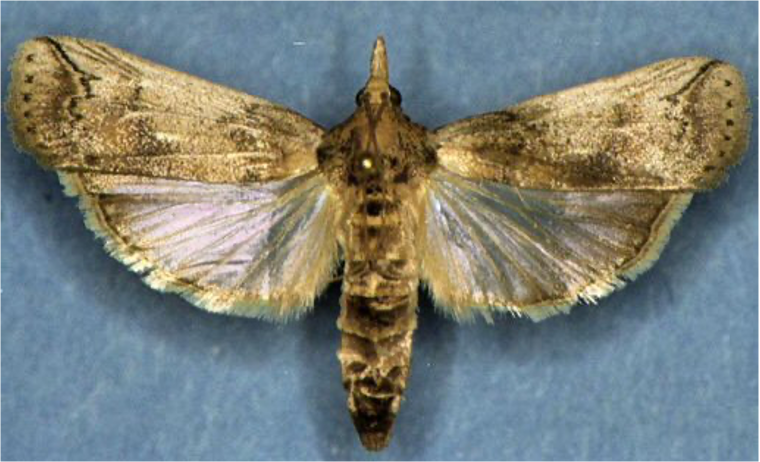
Prior to these postdoctoral research experiences, I studied insect ecology at Cornell, where I received my Ph.D. in Entomology in 2006. Conservation biological control combines the effects of natural habitats and predatory and parasitoid insect species to suppress insect pest pressure without using insecticides. I looked at this system in apple orchards, studying the effects of natural enemies and host plant susceptibility (Sarvary et al. 2010), developed and assessed new field techniques to help scientists monitor these pest species (Sarvary et al. 2007a) and worked with farmers who used insecticides to adopt to more environmentally-friendly techniques (Sarvary et al, 2007b).
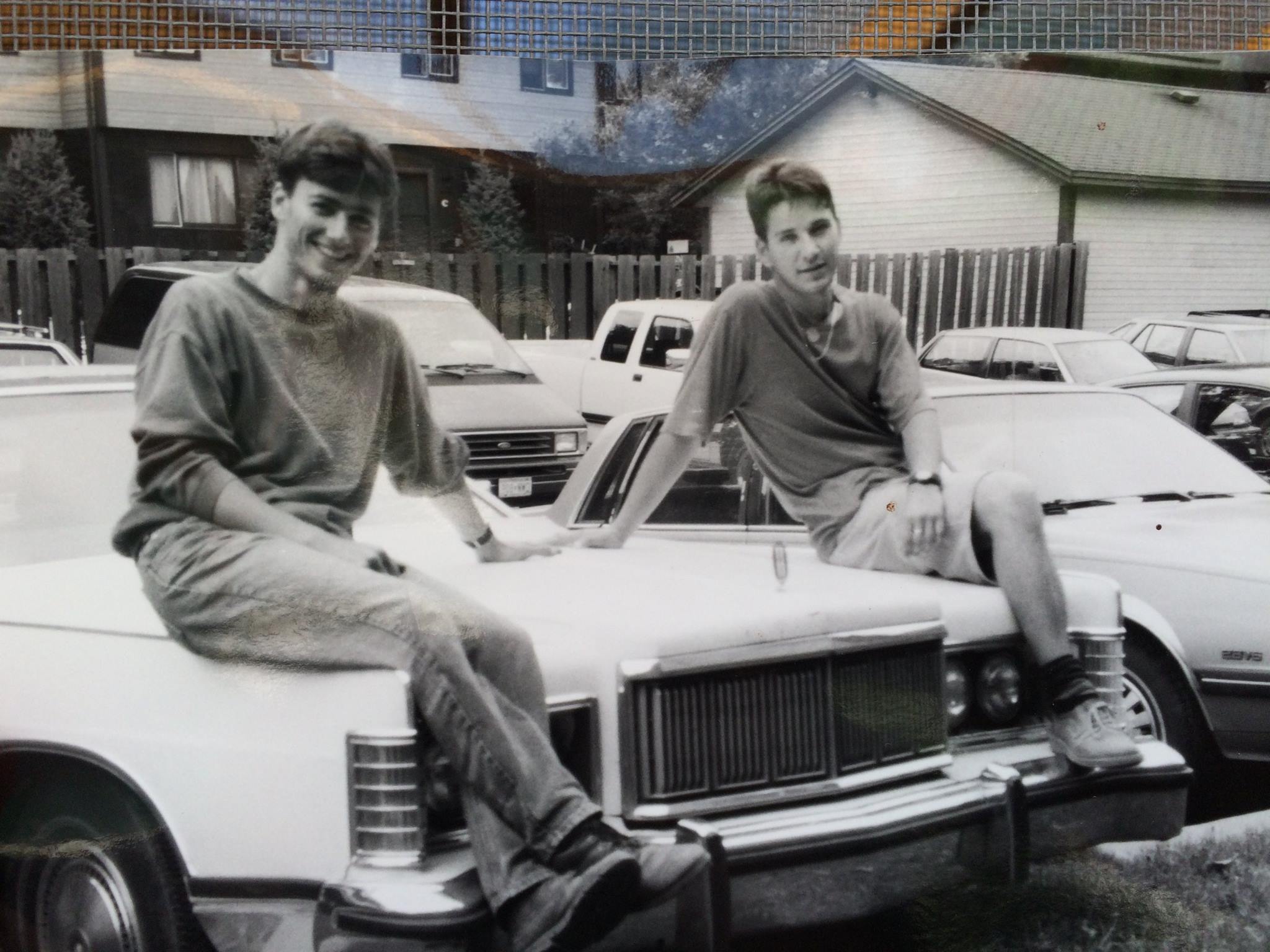
I chose Cornell for my Ph.D. studies after I completed my M.Sc. research on Oribatid mite and mycorrhizal fungi interactions at UC Davis (Sarvary et al. 2000).
I came to the USA in 1996 while conducting my studies at the University of Agricultural and Life Sciences in Godollo, Hungary as a study-abroad student through the University of Minnesota Agriculture Trainee Program.
Jumping into this study-abroad program as a 21-year-old, living in a small town in Hungary, was a risky, but life changing decision. I am happy that I can now create this opportunity for my students through a study-abroad program I started between my alma mater in Hungary and Cornell.
Education
2006 |
Ph.D., Entomology |
Cornell University |
2002 |
M.Sc., Economics & Management |
St. Istvan University, Hungary |
1999 |
M.Sc., Ecology & Zoology |
University of Ag. Sciences, Hungary |
